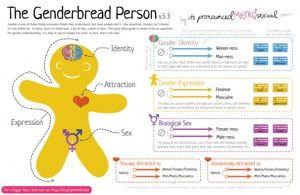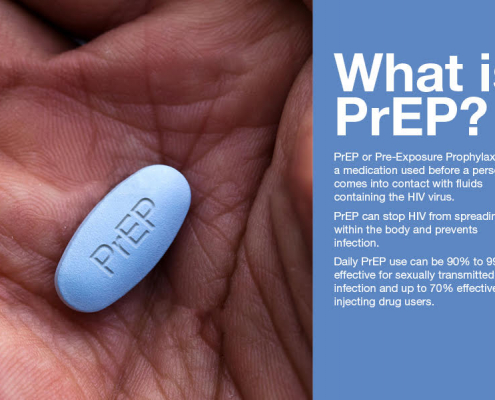 https://grenchap.org/wp-content/uploads/2021/05/Prep-2.jpg
600
900
EditorGrenChap
https://grenchap.org/wp-content/uploads/2016/05/grenchap_logo-300x68.png
EditorGrenChap2021-05-19 13:49:272021-05-19 13:50:26Pre-Exposure Prophylaxis
https://grenchap.org/wp-content/uploads/2021/05/Prep-2.jpg
600
900
EditorGrenChap
https://grenchap.org/wp-content/uploads/2016/05/grenchap_logo-300x68.png
EditorGrenChap2021-05-19 13:49:272021-05-19 13:50:26Pre-Exposure ProphylaxisLGBT Terminology
LGBT is the shortened form of LGBTQIA which is an umbrella term that seeks to cover the diversity of individuals within the community. It stands for Lesbian, Gay, Bisexual, Transgender, Queer, Intersex and Asexual.
- Lesbian
- A female whose primary romantic and sexual attraction is toward other females.
- Gay
- Describes a male whose primary romantic and sexual attraction is toward other males; and is also used as an umbrella term for both men and women who like the same sex.
- Bisexual
- A person whose primary romantic and sexual attraction is toward both toward the like and opposite sex.
- Transgender
- Describes people whose gender (mental identification with masculinity or femininity) does not agree with their sex (physical) assigned at birth. Some trans men may identify as FTM (female to male), and some trans women may identify as MTF (male to female).
- Queer
- Describes anyone who is non-heteronormative (possessing typical heterosexual attributes) or any member of the LGBT(QIA) community who chooses to identify as such.
- Some people use queer to encompass a broader sense of belonging to the queer community (using it interchangeably with the queer community), while some find it offensive.
- Intersex
- Describes people who were born with both male and female sex organs (internally and/or externally) that do not allow them to fit neatly into social constructs of male or female.
- Asexual
- A person who does not experience sexual attraction but may experience romantic attraction.
Guide to Gender & Sexuality
- Gender Identity
- A mental sense of where your masculinity, femininity or lackthereof places you on the spectrum of masculinity to femininity based on your identification with the socio-cultural conceptions.
- Cisgender (man or woman), transgender (transman or transwoman), genderqueer (bigender, neutral-gender, agender, etc.) are all forms of gender identity.
- Gender Expression
- How you express yourself based on your overall presentation (the way you dress, and behave) in relation to socio-cultural conceptions of masculinity, femininity or androgyny.
- Gender identity and expression may or may not overlap.
- Biological Sex
- The medical categorisation of being male, female or intersex based on the appearance of the sex organs at birth
- Sexual Attraction
- The desire to be intimate with someone inclusive of sex
- Romantic Attraction
- The desire to be intimate with someone exclusive of sex.
- Some asexuals by definition lack sexual desire but may have romantic desires.
- This video by the Vlogbrothers’ Hank Green from Youtube sums up in just under 4 minutes everything you need to know and some about gender and sexuality using the Genderbread Person infographic
Religion and Sexuality
Every known religion (philosophical lifestyle) under this sun, whether they be Christian, Muslim, Hindu, Buddhist and more all talk about life after death. In some crazy way human beings unconsciously place high importance on the soul. Even after death, even after the body that has been our vehicle deteriorates, the body that has enabled us to see, taste, touch, hear, smell and reproduce(in some cases) is long gone and dead. Humans still remember the ones who have passed on from this 3rd dimensional experience, hoping that their soul still lives and is safe somewhere in the universe or with the creator.
Now despite this trend of thinking, and the consistent pattern of love in all of these different ways of understanding the human experience, it still baffles me that humans are still arguing over what other humans do with their bodies. If the soul is truly what it all boils down to and love is of highest importance why is it then that some of you still think you can dictate how a person chooses to have sex? If you are still so focused on the five senses tell me then have you really found the 6th?
If we didn’t have these vehicles called the human body which we lose upon death.
Does one’s soul still have a sex organ? Are not our bodies just a means of interacting with each other in this physical world? If we didn’t have bodies, would it matter who we loved?
Literary piece by a Grenadian in the diaspora – Serika Charles
“Christianity was commonly used as a tool by the Europeans to mentally enslave the Africans in addition to the physical enslavement they had already endured. Passages of the bible detail the right way to own a slave which Europeans used as a means to justify the act. The legacy of the bible being used to justify infringements on people’s inalienable rights lives on in many past colonies, Grenada being one of them.
Unsurprisingly, our majority religion is Christianity, and in the same way it was used to justify the enslavement of our ancestors a few generations ago, we use it today to justify the discrimination and unfair treatment of our fellow gay Grenadians. Even though Grenada is a secular state in which the church and state should be separated, our criminal code criminal code which was imposed on us by the British empire after we won the fight for independence, still contains religious biases that force us to live in conflict with our own fellow Grenadians. Section 431 of the criminal code makes anal sex between consenting adults a criminal offence.
When it comes down to it however, the bible is based on the teachings of Jesus and his way of life. 1 Peter 4:8 says, “Above all, love each other deeply, because love covers over a multitude of sins.”
Food for thought by Grenadian – Joshua Elahie
Criminal Code of Grenada
UNAIDS Terminology Guideline
HIV & STIs
- About HIV
- The human immunodeficiency virus (HIV) is spread through certain bodily fluids and weakens the immune system by destroying infection fighting cells known as T cells. If left untreated, over time so many of these cells can be destroyed that the body can no longer fight off infections. A person knows that the virus has evolved into AIDS when opportunistic infections and cancers take advantage of the weak immune system.
- HIV has no cure but antiretroviral therapy (ART) has to date been proven to be the most effective medical treatment. If taken the right way every day, a person given the diagnosis can live as long as a person who does not have HIV.
- Transmission
- How is HIV passed on?
- People commonly get or transmit HIV through the contact of infected bodily fluids (blood, semen (cum), pre-seminal fluid (pre-cum), rectal fluid, vaginal fluid, or breast milk) with mucus membranes, damaged tissue or direct injection into the bloodstream. Mucus membranes are found inside the rectum, vagina, penis, eyes and mouth.
- Receptive anal and vaginal sex carry the highest risk. Pregnancy, birth and breastfeeding (if the mother is taking medicine), getting stuck with an HIV-contaminated needle and oral sex carry the lowest.
- Can HIV survive outside the body?
- Not very long but it can live for up to 42 days depending on the temperature.
- HIV is not spread through mosquitoes or other bugs, saliva, tears, sweat, closed mouth kisses, intimate or non-intimate contact that doesn’t involve exchange with bodily fluids.
- Can other STIs increase my chances of HIV contraction and transmission?
- If you are HIV- but have an STI (most commonly gonorrhea, chlamydia, syphilis, trichomoniasis, human papillomavirus (HPV) genital herpes and hepatitis) you are 3 times more likely to contract HIV if you have sex with a person who is HIV+. Breaks, sores and inflammation due to STIs increase the number of cells that HIV can target.
- If you are HIV+ and have another STI you are 3 times more likely to transmit HIV than someone infected with HIV alone. This is seemingly due to the increased concentration of HIV in semen and genital fluids.
- Can I get infected with HIV twice?
- Yes, this is known as superinfection.
- The new strain can replace the original strain, remain alongside it, or evolve together into a stronger strain.
- Prevention
- Use condoms the right way;
- Use latex or polyurethane
- Check the expiry date
- Make sure the packaging is not damaged or defected
- Use water or silicone-based lubricant to prevent breakage – oil-based products increase the likelihood of breakage
- Store in cool dry places – not in cars or wallets
- Find a condom size and thickness that works best for you and your partner
- Use other barriers, such as natural rubber latex sheets, dental dams, or cut-open non-lubricated condoms between your mouth and your partner’s genitals or rectum.
- Avoid having your partner ejaculate in your mouth
- Use alcohol and other inhibitory drugs in moderation to decrease the chance of risky sexual behaviour.
- Use clean needles to administer drugs.
- Use a pre-exposure prophylaxis (PrEP) pill consistently every day to reduce the risk of contraction by about 92% if you are a person at high risk for contracting HIV.
- Use a post-exposure prophylaxis (PEP) as soon as possible within 72 hours of being exposed to a high-risk situation.
- Use condoms the right way;
- HIV Symptoms
- During stage 1 of the HIV infection, some people experience flu-like symptoms for 2 to 4 weeks while others do not. Symptoms include fever, chills, rashes, night sweats, muscle aches, sore throat, fatigue, swollen lymph node, and/or mouth ulcers. If you experience these symptoms after potential exposure to HIV, talk to your doctor about your risk. At this stage the infection may not show up on an HIV test (3 weeks to 6 months but usually within 3 months) but it can still be spread through sexual contact.
- AIDS develops when the immune system has become badly damaged. Without treatment, this can take 8-10 years. Other variables include the initial health of your immune system, how effectively you maintain your health through diet, exercise and treatment, positive attitudes and spirituality.
- Major signs
- The immune system cannot defend itself from opportunistic diseases like cancer, recurrent bacterial pneumonia and tuberculosis.
- Involuntary weight loss of >10% of baseline body weight
- Chronic diarrhea with at least two loose stools per day for more than 30 days
- Intermittent or constant fever for more than 30 days
- Minor signs
- Persistent cough for more than 30 days
- Generalized pruritic dermatitis
- Herpes zoster (HZV)
- Living with HIV
- Emotional and social support
- Receiving an HIV diagnosis can be accompanied by a lot of negative emotions. Find someone who can give you non-judgemental emotional support bearing in mind that your status is your business. If you do not know someone who can offer such support, contact GrenCHAP or any organisation you know to be trustworthy. Full disclosure is however recommended when you intend to have sex or share needles with a particular individual.
- Do not feel pressured to make any major decision until you can think clearly. Educate yourself about your condition so you can become confident in making decisions about your life moving forward.
- Medical decisions should be made with your healthcare provider. Visit them regularly and write down questions you may have beforehand. Also write down answers received.
- Antiretroviral medicine (ART) is recommended for all infected persons. It slows the progression of HIV and helps protect the immune system which can reduce the chance of transmission if taken correctly. Always take medication as directed.
- Talking to other people who have HIV can be less isolating. You can learn how they dealt with their diagnosis and how they continue to deal with it. A quick Google search can also reveal websites with people sharing their testimonies in dealing with their diagnosis.
- Pregnancy
- Travelling while HIV positive
- When traveling, extra care needs to be taken to make sure that you are in good health
- See a doctor before you spend any money on traveling. Discuss everything you plan to do so that s/he can advise you on how much of a risk it might pose especially if you have a low CD4 count, unfit or are easily tired.
- Pack enough medication for the entire trip plus a few extra days in case you are delayed coming back. Ask your doctor about the transport and storage of your medication like antiretroviral therapy (ART) medications, as well as the changing of schedules across time zones. Carry it in your hand luggage in their original containers with a letter from your her/him explaining that they are prescribed for you. Carry a snack or a drink, especially if you need to eat with it.
- Ask your doctor about secondary medication like antibiotics in case of a chest infection, diarrhea or a urinary tract infection. Bring antifungal medication if you are likely to get thrush which can occur after taking antibiotics. Also ask if antimalarial prophylaxis is recommended for where you are going as it may be a malaria zone.
- Few countries have restrictions for people living with HIV planning to vacation for less than 3 months so they usually do not have problems. A of mid-2012 however, 45+ places around the world employed some form of restriction on entry, stay and residence of people living with HIV.
- A comprehensive travel insurance that covers all treatment costs you might need while away is recommended. Read insurance policies completely including the small print. Some policies will not cover HIV-related illness, while others may not cover any medical problem, including accidents, in people who are HIV positive.
- Myth vs. Reality
- Myth; I can watch someone and know if they have HIV or AIDS.
- Reality; It can take up to 10 years for symptoms of HIV or AIDS to manifest and an infected person will look and feel completely normal making it easier to unknowingly transmit the disease.
- When traveling, extra care needs to be taken to make sure that you are in good health
- Emotional and social support
- Major signs
- How is HIV passed on?
- Myth; HIV is a gay people disease.
- Reality; People may discriminate, but HIV won’t. HIV can be transmitted between any two people who have unsafe sexual contact.
- Myth; HIV is a young people disease.
- Reality; Again, HIV does not discriminate. HIV can be transmitted between any two people who have unsafe sexual contact.
- Myth; They tell you your status when you donate blood.
- Reality; Though every blood donation is tested for HIV, blood banks are not legally obligated to notify everyone who tests positive so personal testing is recommended
- Myth; I don’t have HIV because I tested negative.
- Reality; You may indeed be HIV- but it is also possible that you fall in the window phase about three months before infection when the virus is at an undetectable level. If you recently had unsafe sex with a person whose status is unknown, get tested again in about three months.
- Myth; An HIV test can determine if you have taken illegal drugs.
- Reality; The only thing an HIV test tests for us the HIV virus.
| 34 million | Number of people living with HIV as of 2010 |
| 64 million | Cumulative number of people infected by HIV since 1980 |
| 26 million | Number of AIDS related deaths |
| 2.7 million | Number of new HIV infections per year |
| #1 | Cause of death among the 15-44 age group |
| >8 million | Number of people on antiretroviral medicine at the end of 2011 |
Source: St. Maarten AIDS Foundation
 https://grenchap.org/wp-content/uploads/2021/05/Prep-2.jpg
600
900
EditorGrenChap
https://grenchap.org/wp-content/uploads/2016/05/grenchap_logo-300x68.png
EditorGrenChap2021-05-19 13:49:272021-05-19 13:50:26Pre-Exposure Prophylaxis
https://grenchap.org/wp-content/uploads/2021/05/Prep-2.jpg
600
900
EditorGrenChap
https://grenchap.org/wp-content/uploads/2016/05/grenchap_logo-300x68.png
EditorGrenChap2021-05-19 13:49:272021-05-19 13:50:26Pre-Exposure Prophylaxis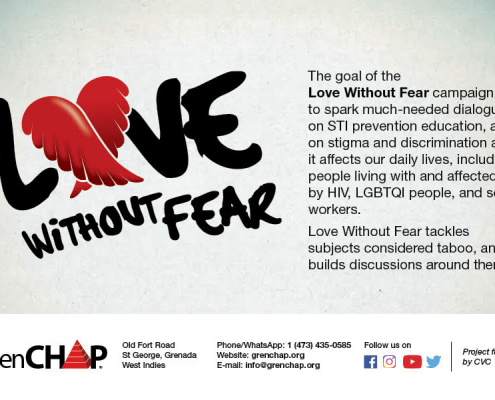 https://grenchap.org/wp-content/uploads/2021/05/Love-without-fear-1.jpg
600
900
EditorGrenChap
https://grenchap.org/wp-content/uploads/2016/05/grenchap_logo-300x68.png
EditorGrenChap2021-05-19 13:43:182021-05-19 13:46:39Love Without Fear
https://grenchap.org/wp-content/uploads/2021/05/Love-without-fear-1.jpg
600
900
EditorGrenChap
https://grenchap.org/wp-content/uploads/2016/05/grenchap_logo-300x68.png
EditorGrenChap2021-05-19 13:43:182021-05-19 13:46:39Love Without Fear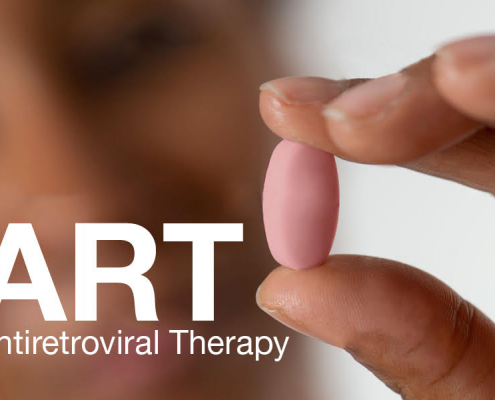 https://grenchap.org/wp-content/uploads/2021/05/ART-1.jpg
600
900
EditorGrenChap
https://grenchap.org/wp-content/uploads/2016/05/grenchap_logo-300x68.png
EditorGrenChap2021-05-19 10:56:192021-05-19 10:59:55Antiretroviral Therapy
https://grenchap.org/wp-content/uploads/2021/05/ART-1.jpg
600
900
EditorGrenChap
https://grenchap.org/wp-content/uploads/2016/05/grenchap_logo-300x68.png
EditorGrenChap2021-05-19 10:56:192021-05-19 10:59:55Antiretroviral Therapy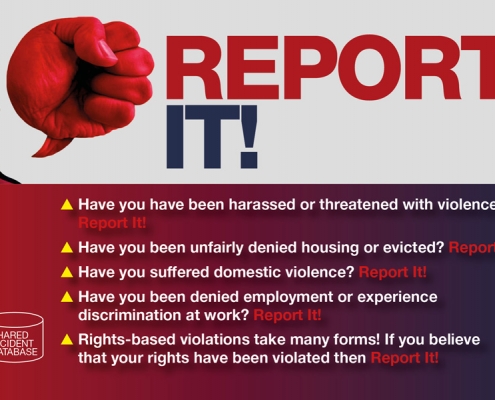 https://grenchap.org/wp-content/uploads/2019/07/GrenCHAP-SID-1.jpg
600
900
aquaGD
https://grenchap.org/wp-content/uploads/2016/05/grenchap_logo-300x68.png
aquaGD2019-07-24 15:45:582019-07-24 15:46:00Report It
https://grenchap.org/wp-content/uploads/2019/07/GrenCHAP-SID-1.jpg
600
900
aquaGD
https://grenchap.org/wp-content/uploads/2016/05/grenchap_logo-300x68.png
aquaGD2019-07-24 15:45:582019-07-24 15:46:00Report It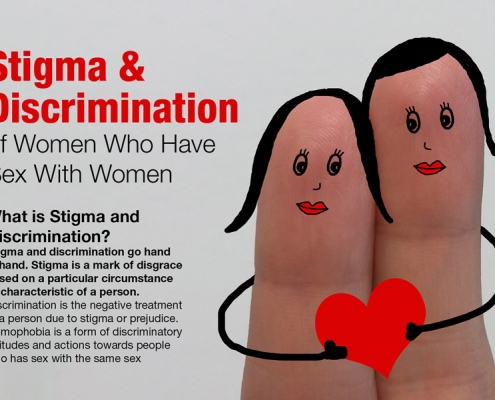 https://grenchap.org/wp-content/uploads/2019/07/Stigma_Discrimination_WSW_1.jpg
600
900
aquaGD
https://grenchap.org/wp-content/uploads/2016/05/grenchap_logo-300x68.png
aquaGD2019-07-24 15:43:472019-07-24 15:43:48Stigma & Discrimination of Women Who Have Sex With Women
https://grenchap.org/wp-content/uploads/2019/07/Stigma_Discrimination_WSW_1.jpg
600
900
aquaGD
https://grenchap.org/wp-content/uploads/2016/05/grenchap_logo-300x68.png
aquaGD2019-07-24 15:43:472019-07-24 15:43:48Stigma & Discrimination of Women Who Have Sex With Women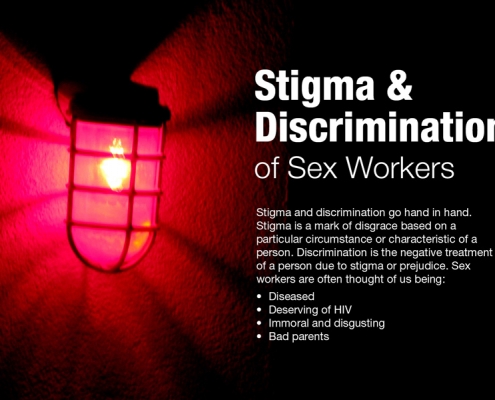 https://grenchap.org/wp-content/uploads/2019/07/Stigma_Discrimination_SW_1.jpg
600
900
aquaGD
https://grenchap.org/wp-content/uploads/2016/05/grenchap_logo-300x68.png
aquaGD2019-07-24 15:42:002019-07-24 15:42:02Stigma & Discrimination of Sex Workers
https://grenchap.org/wp-content/uploads/2019/07/Stigma_Discrimination_SW_1.jpg
600
900
aquaGD
https://grenchap.org/wp-content/uploads/2016/05/grenchap_logo-300x68.png
aquaGD2019-07-24 15:42:002019-07-24 15:42:02Stigma & Discrimination of Sex Workers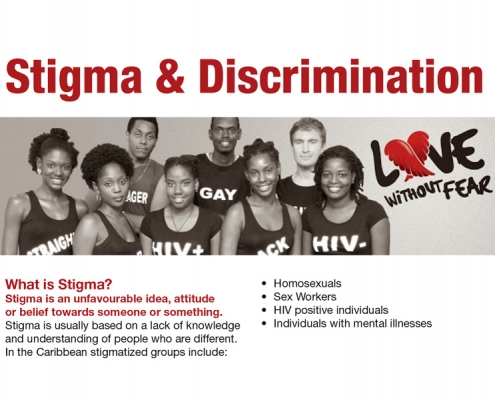 https://grenchap.org/wp-content/uploads/2019/07/Stigma_Discrimination_1.jpg
600
900
aquaGD
https://grenchap.org/wp-content/uploads/2016/05/grenchap_logo-300x68.png
aquaGD2019-07-24 15:40:162019-07-24 15:40:17Stigma & Discrimination
https://grenchap.org/wp-content/uploads/2019/07/Stigma_Discrimination_1.jpg
600
900
aquaGD
https://grenchap.org/wp-content/uploads/2016/05/grenchap_logo-300x68.png
aquaGD2019-07-24 15:40:162019-07-24 15:40:17Stigma & Discrimination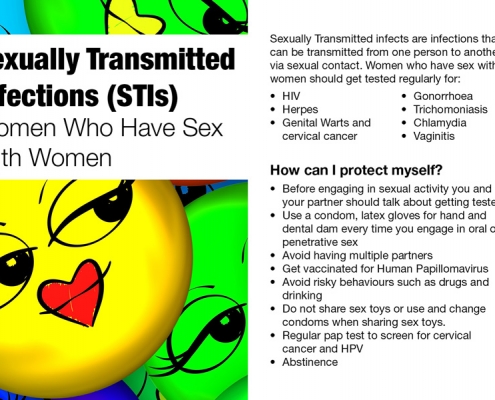 https://grenchap.org/wp-content/uploads/2019/07/STI_WSW_1.jpg
600
900
aquaGD
https://grenchap.org/wp-content/uploads/2016/05/grenchap_logo-300x68.png
aquaGD2019-07-24 15:38:202019-07-24 15:38:22Sexually Transmitted Infections (STIs) in Women who Have Sex with Women
https://grenchap.org/wp-content/uploads/2019/07/STI_WSW_1.jpg
600
900
aquaGD
https://grenchap.org/wp-content/uploads/2016/05/grenchap_logo-300x68.png
aquaGD2019-07-24 15:38:202019-07-24 15:38:22Sexually Transmitted Infections (STIs) in Women who Have Sex with Women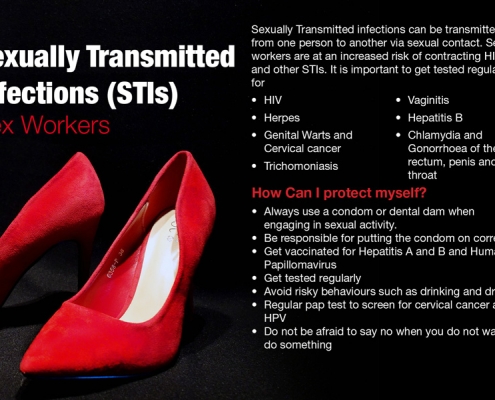 https://grenchap.org/wp-content/uploads/2019/07/STI_SW_1.jpg
600
900
aquaGD
https://grenchap.org/wp-content/uploads/2016/05/grenchap_logo-300x68.png
aquaGD2019-07-24 15:30:432019-07-24 15:30:44Sexually Transmitted Infections (STIs) in Sex Workers
https://grenchap.org/wp-content/uploads/2019/07/STI_SW_1.jpg
600
900
aquaGD
https://grenchap.org/wp-content/uploads/2016/05/grenchap_logo-300x68.png
aquaGD2019-07-24 15:30:432019-07-24 15:30:44Sexually Transmitted Infections (STIs) in Sex Workers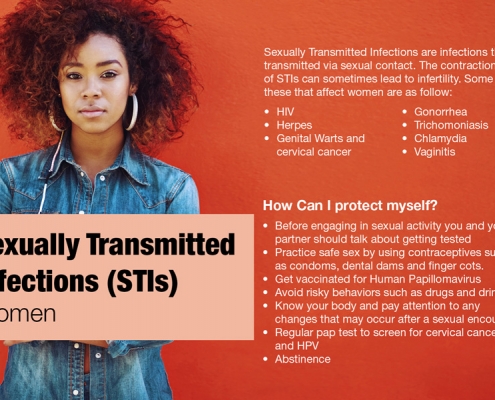 https://grenchap.org/wp-content/uploads/2019/07/STI_W_1.jpg
600
900
aquaGD
https://grenchap.org/wp-content/uploads/2016/05/grenchap_logo-300x68.png
aquaGD2019-07-24 15:28:402019-07-24 15:28:42Sexually Transmitted Infections (STIs) in Women
https://grenchap.org/wp-content/uploads/2019/07/STI_W_1.jpg
600
900
aquaGD
https://grenchap.org/wp-content/uploads/2016/05/grenchap_logo-300x68.png
aquaGD2019-07-24 15:28:402019-07-24 15:28:42Sexually Transmitted Infections (STIs) in Women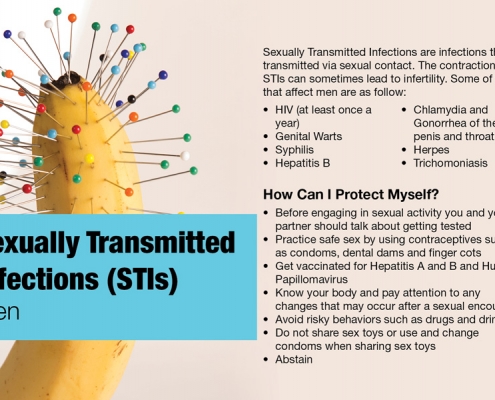 https://grenchap.org/wp-content/uploads/2019/07/STI_M_1.jpg
600
900
aquaGD
https://grenchap.org/wp-content/uploads/2016/05/grenchap_logo-300x68.png
aquaGD2019-07-24 15:26:112019-07-24 15:26:12Sexually Transmitted Infections (STIs) in Men
https://grenchap.org/wp-content/uploads/2019/07/STI_M_1.jpg
600
900
aquaGD
https://grenchap.org/wp-content/uploads/2016/05/grenchap_logo-300x68.png
aquaGD2019-07-24 15:26:112019-07-24 15:26:12Sexually Transmitted Infections (STIs) in Men https://grenchap.org/wp-content/uploads/2019/07/STI_1.jpg
600
900
aquaGD
https://grenchap.org/wp-content/uploads/2016/05/grenchap_logo-300x68.png
aquaGD2019-07-24 15:22:402019-07-24 15:22:41Sexually Transmitted Infections (STIs)
https://grenchap.org/wp-content/uploads/2019/07/STI_1.jpg
600
900
aquaGD
https://grenchap.org/wp-content/uploads/2016/05/grenchap_logo-300x68.png
aquaGD2019-07-24 15:22:402019-07-24 15:22:41Sexually Transmitted Infections (STIs)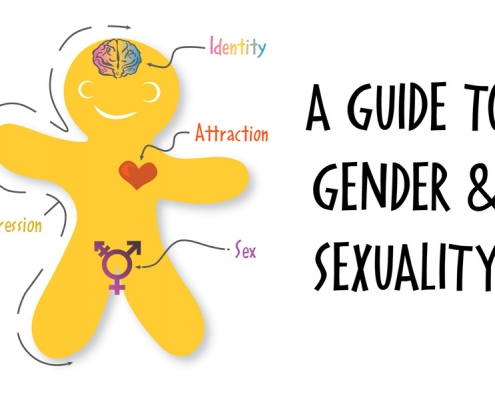 https://grenchap.org/wp-content/uploads/2019/07/Gender_Sexuality_1.jpg
600
900
aquaGD
https://grenchap.org/wp-content/uploads/2016/05/grenchap_logo-300x68.png
aquaGD2019-07-24 15:20:062019-07-24 15:20:07Gender & Sexuality
https://grenchap.org/wp-content/uploads/2019/07/Gender_Sexuality_1.jpg
600
900
aquaGD
https://grenchap.org/wp-content/uploads/2016/05/grenchap_logo-300x68.png
aquaGD2019-07-24 15:20:062019-07-24 15:20:07Gender & Sexuality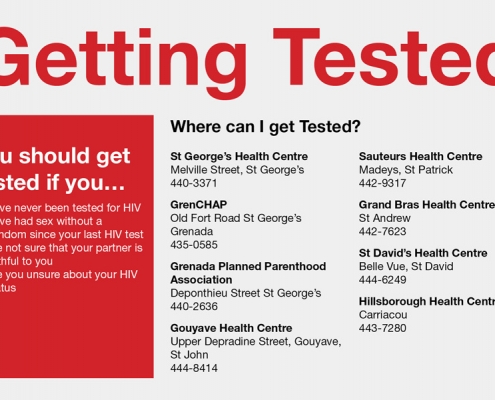 https://grenchap.org/wp-content/uploads/2019/07/Getting-Tested_1.jpg
600
900
aquaGD
https://grenchap.org/wp-content/uploads/2016/05/grenchap_logo-300x68.png
aquaGD2019-07-24 15:12:002019-07-24 15:12:02Getting Tested
https://grenchap.org/wp-content/uploads/2019/07/Getting-Tested_1.jpg
600
900
aquaGD
https://grenchap.org/wp-content/uploads/2016/05/grenchap_logo-300x68.png
aquaGD2019-07-24 15:12:002019-07-24 15:12:02Getting Tested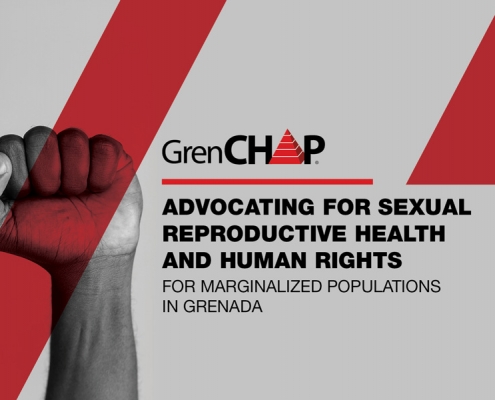 https://grenchap.org/wp-content/uploads/2019/07/About-GrenCHAP_1.jpg
600
900
aquaGD
https://grenchap.org/wp-content/uploads/2016/05/grenchap_logo-300x68.png
aquaGD2019-07-24 13:59:252019-07-24 13:59:26About GrenCHAP
https://grenchap.org/wp-content/uploads/2019/07/About-GrenCHAP_1.jpg
600
900
aquaGD
https://grenchap.org/wp-content/uploads/2016/05/grenchap_logo-300x68.png
aquaGD2019-07-24 13:59:252019-07-24 13:59:26About GrenCHAPWhat you should know
Check out our Resources
GrenCHAP Office
Old Fort Road
P O Box 2450, St George’s
Grenada, West Indies
Tel. +1 (473) 435-0585
Office Hours
Monday to Friday
9 am to 5 pm
Weekends & Public Holidays
Closed

